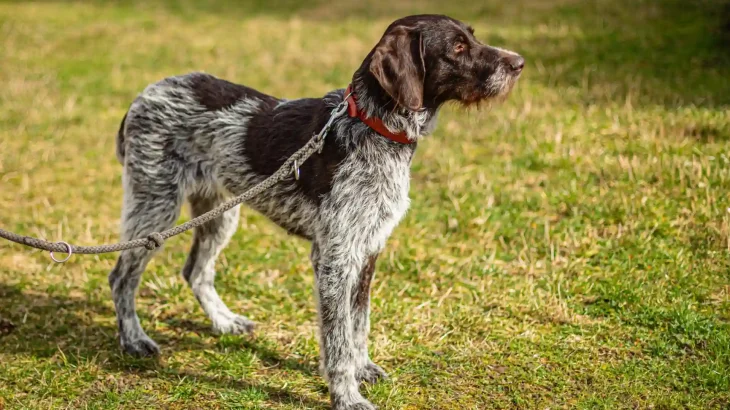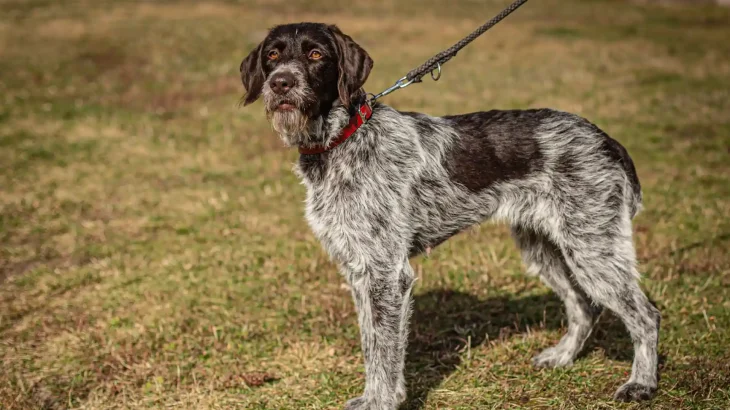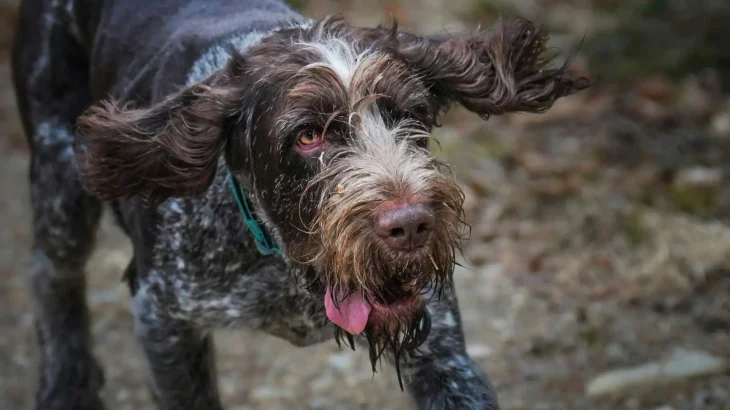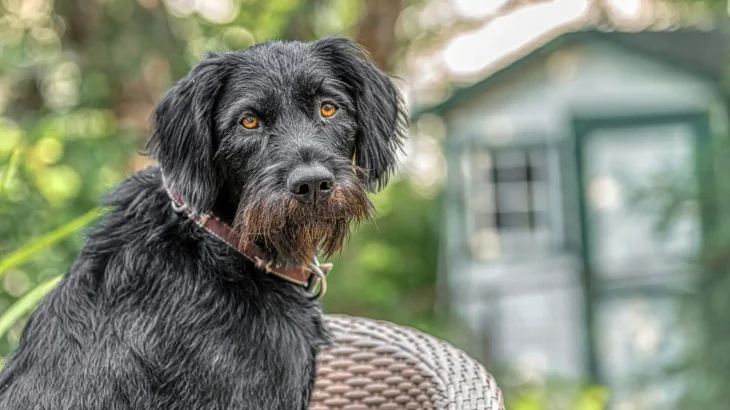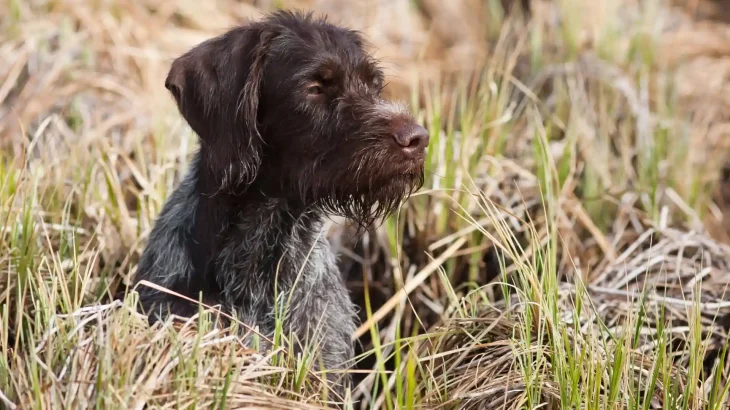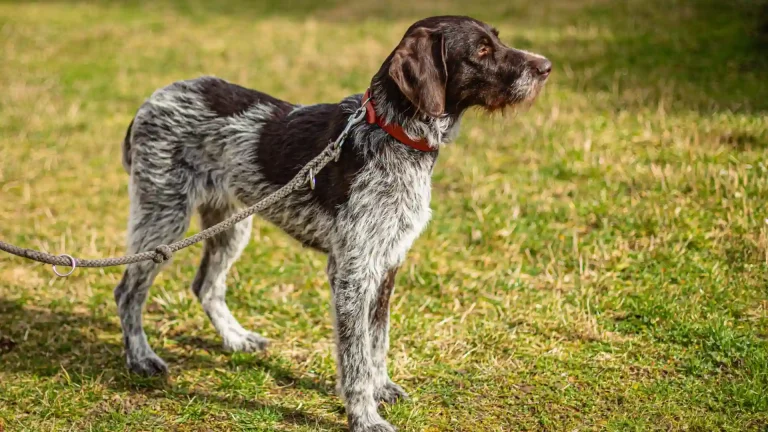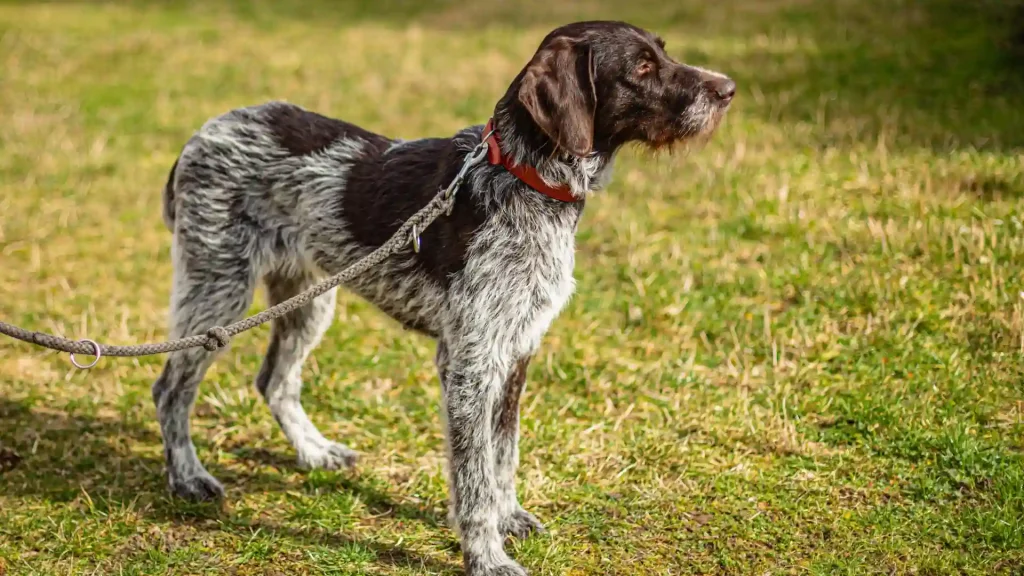Choosing to bring a German Wirehaired Pointer puppy into your home means deciding between adopting or buying from a breeder. Adoption offers the chance to provide a loving home while often being more affordable, but the puppy's background might be less known. Buying from a breeder generally provides clearer health histories and pedigree details, important for this active, specialty-bred dog.
| Criteria | Buying from Breeder | Adopting from Shelter/Rescue |
|---|---|---|
| Cost | Higher initial cost reflecting purebred status and breeding expenses. | Lower adoption fees often covering vaccinations, microchipping, and spay/neuter. |
| Health History | Comprehensive health records and genetic testing by responsible breeders. | Health history may be limited or unknown; basic health checks often conducted. |
| Age Availability | Primarily young puppies, allowing early training and bonding. | Varied ages available, including puppies and sometimes adults. |
| Temperament Insight | Breeders share lineage temperament traits and early behavior. | Staff provide behavioral observations, but full background might be unclear. |
| Supporting Practices | Supports breed preservation and responsible breeding. | Supports animal welfare by rescuing dogs in need of homes. |
| Risk of Genetic Disorders | Breeders conduct genetic screening to reduce inherited conditions. | May be unknown; rescue dogs can have health surprises. |

